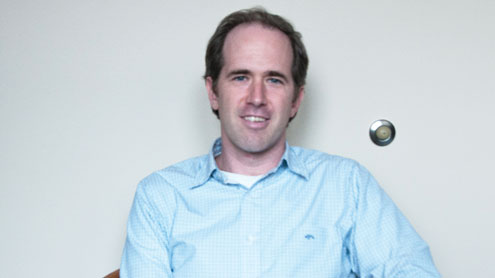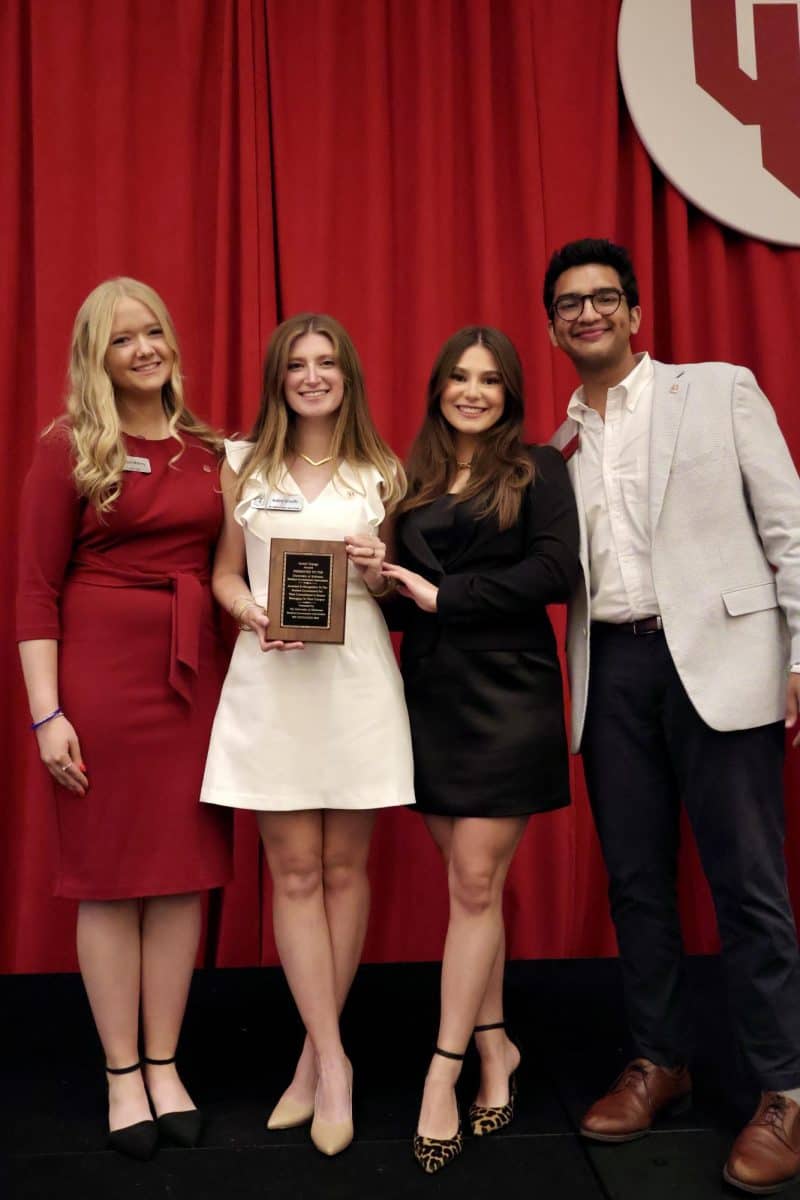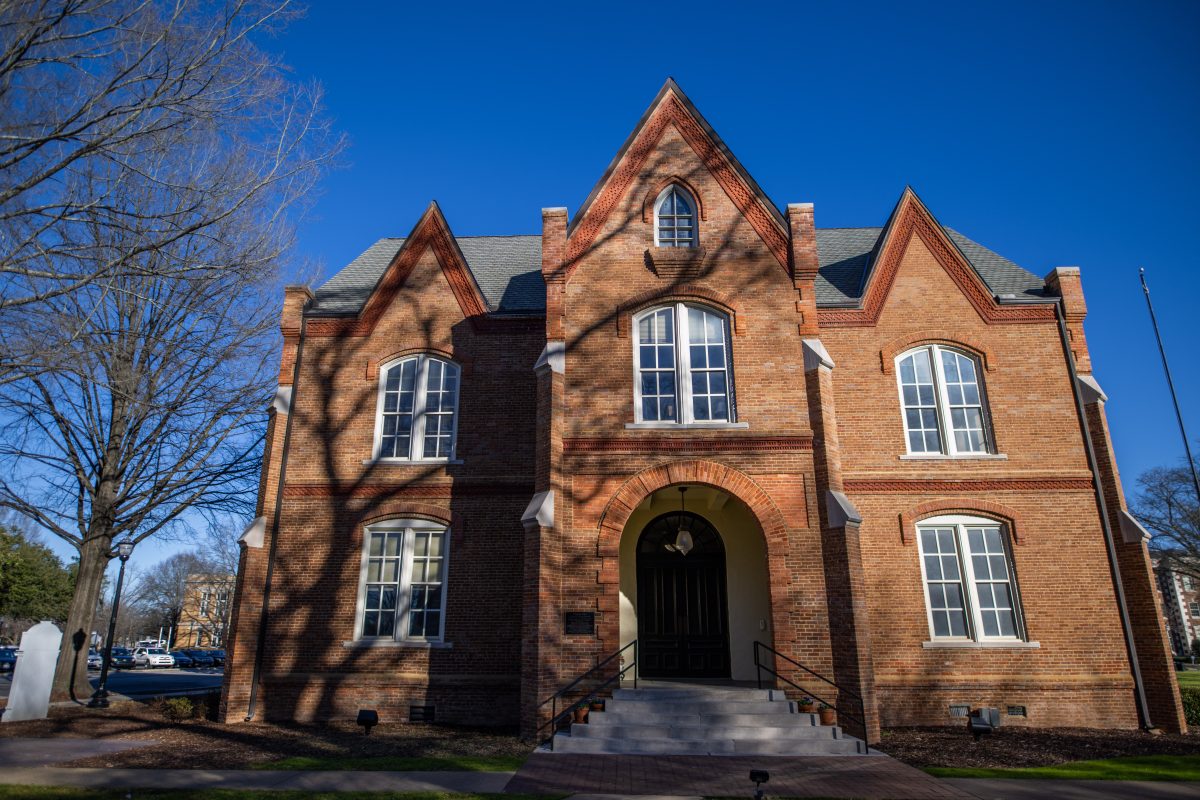Guy Caldwell, Professor of biological sciences
- “Put in at least as much time studying in college as all the hours you spent during high school simply in class and on other after-school activities. That was generally 8 a.m. to 6 p.m. for most active students (including sports, clubs, band, jobs etc.) during high school.”
- “Recognize that most of your professors are not simply classroom teachers, but many are internationally recognized experts in their field. Get to know them, seek out their career advice and, if possible, get involved their research.”
- “If you select a path, give it your all. That way you will know if it is for you, or not. Find what you love, as you will be good at it.”
Pauline Johnson, Professor of engineering
- “Success in college is much easier when you show up to class, turn in homework and find a study group.”
- “Good judgment comes from experience. Experience comes from bad judgment.” (Quoting Jim Horning)
- “Don’t be afraid to go for what you want. College life is short, and the world is at your feet – enjoy.”
Catherine Roach, New College professor
- “Much of success in life depends on time management, organization and the ability to communicate clearly. Words give you power. Every day, learn a new one and practice the craft of using them in speech and writing to work your will in the world.”
- “Know it’s OK to be different – from the mainstream, from your family, from peers – and that what’s important is love, honor and taking yourself seriously.”
- “Connect with your inner child’s boundless curiosity and delight with the world. Be engaged, open and passionate in your lifelong learning.”
James Leeper, Professor of Community & Rural Medicine
- “If you are serious about learning something, you have to work hard.”
- “Be realistic about your strengths and weaknesses.”
- “Keep up with current affairs. Know what is going on around the world.”
Wesley Church, Associate Professor of social work
- “Your professors do not give you your grades – you earn them through hard work and perseverance.”
- “Edit, edit, edit. Your first draft is not your best work.”
- “Your attitude, habits and performance as a student are indicative of your attitude, habits and performance as a citizen in general. Now is the time to shape who you will be in the future.”
Courtney McGahey, Professor of Consumer Sciences in College of Human Environmental Sciences
- “I want the students to know how proud and appreciative we are for how they united together after the tornado to help out their community.”
- “There is no dress code at the university; however, things like see-through pajamas and no undergarments are not recommended (especially if it is raining).”
- “A proposition for free babysitting for extra credit is not okay. Yet, if you are brave enough to sit for my monsters for no credit, bring it.”
Mike Little, Advertising Professor in College of Communications
- “The very first thing that is the most helpful is to know what you want to do as soon as possible. Fully understand your major and minor choices. Those that know have so much time to take advantage of opportunities on campus. College is not a place to find yourself. It’s a place to hone yourself.”
- “Interests are important. Strengths are more important. Choose a career path based on your strengths rather than your interests.”
- “Don’t treat college as 13th grade. The impressions that you make are professional.”
William Nolan, Assistant Professor of film and literary studies, Honors College
- “I wish that students had a better sense of what can be gained from the study abroad experience. It can often cost as little as or less than it does to stay at the University. Learning a foreign language is one of the healthiest things you can do for your brain.”
- “The central task of education is to think differently. Use this time in your life to challenge your beliefs and values. The point is not that we should all just get along, but rather to test one’s beliefs and values against others.”
- “Do not leave college without feeling like you have learned to write well. Students have to seek it out.”
Jennifer Greer, Professor of journalism, also chair of the Journalism Dept.
- “It’s okay to respectfully disagree or challenge faculty members. That just leads to greater learning.”
- “You really are in control of your own destiny. No one cares as much about your success as you do. Have a vision of where you want to go.”
- “Professors are people, too. All the stuff you guys are going through, professors are going through that, too. Be forgiving of faculty members because we make mistakes, too.”
James Brown, Professor of marketing
- “Fear is the enemy. Most barriers are really self-imposed.”
- “A business approach, regardless of what you’re doing, can really enhance your ability of success.”
- “Loving relationships are a lot more valuable than money.”
Michael Innis-Jiménez, Assistant Professor of American Studies
- “It’s okay to think outside the box.”
- “Read before class.”
- “Go out of your way to get to know your professor. Visit your professor during office hours.”
Mark Leggett, Clinical associate professor of Department of Educational Studies in Psychology, Research Methodology & Counseling
“I wish students knew:
- More of an understanding and/or desire to learn about cultures that are different from their own”
- More of an awareness of their good fortune to receive an education”
- The importance of respect for diversity among their peers”







